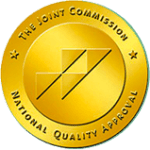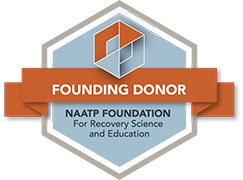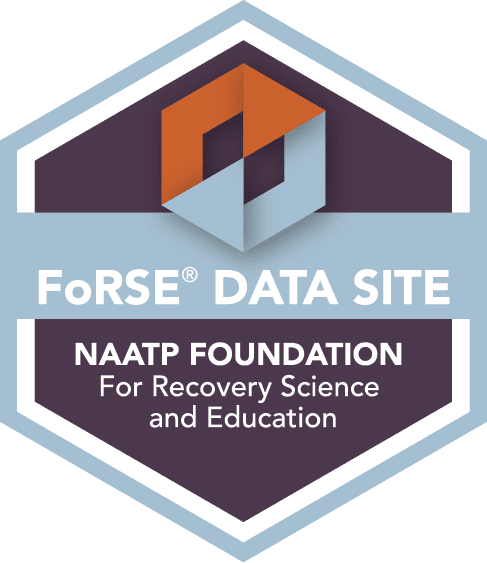What’s New In Mental Health Science?
Because mental illness continues to have a giant stigma, this makes it continually hard to make advancements towards new treatment methods. The National Alliance on Mental illness say that 43.8 million Americans experience mental illness a year. With that many people struggling with their symptoms, researchers have been making huge leaps in 2018 towards new methods of treatment to better understand the complexities of mental illness.
One major feat of 2018 towards mental illness was when the National Institute of Mental Health (NIMH) did research to find a new method of treatment towards post traumatic stress disorder. This will be very useful as current methods of treatment involve extensive training for therapists and a ton of work for patients to do. NIMH discovered written exposure therapy to help PTSD patients. This is when patients spend five sessions writing about their specific traumatic event. NIMH found that written exposure therapy was just as successful as cognitive processing therapy which involves 12 therapy sessions. This research showed that PTSD can be treated in just five therapy sessions. This should not be too much of a surprise since in the 1980s, social psychological James. W. Pennebaker found that three sessions of writing can alleviate PTSD symptoms. This method of treatment helps since patients are making their own narrative that gives meaning to their own trauma and helps regulate emotions.
Another major feat is researchers from the Kaiser Permanente Washington Health Research Institute discovered that two-thirds of people who attempted suicide received a mental health diagnosis or treatment the year before to track those at risk of suicide. These researchers used information from electronic health records from seven major health systems to make a model to determine people at risk. They discovered that it was possible to predict who is at risk for a suicide attempt or death by using substance use diagnoses, mental health diagnoses, history of self-harm, mental health emergency and inpatient care, and scores on their Patient Health Questionnaire. This can be very useful in decreasing the number of suicide statistics by using existing electronic data compared to self-reporting methods.
The University of Colorado Boulder did a review of existing imaging data that looked the effects of marijuana and alcohol on the brain and to better compare the two. This involved analyzing how marijuana affects gray matter which consists of nerve cell bodies and white matter which contains myelinated nerve fibers. This study was to see how these effects compare to alcohol when marijuana hits these brain regions. If you lose gray matter or white matter, your reflexes and memory can be affected. Based on the brain images of 853 adults from age 18-55 and 439 teenagers from ages 14-18, it was discovered that marijuana has no long-term effects on the brains. However, alcohol can reduce gray matter volume as well as white matter.
The American Journal of Psychiatry decided to determines the causes and treatment options for Alzheimer’s disease. They discovered that increasing symptoms of anxiety were connected to higher levels of beta-amyloid which is a protein connected to Alzheimer’s. Adults with increased anxiety over five years had high levels of beta-amyloid in their brains. This shows that people who develop Alzheimer’s disease might show neuropsychiatric symptoms. If you treat your anxiety sooner, this can decrease your chances of developing Alzheimer’s disease in the future.
Pharmaceutical company Johnson & Johnson is a pharmaceutical company that did research of ketamine’s antidepressant qualities. In this clinical trial, 236 adults with treatment-resistant depression took a traditional antidepressant with ketamine while the other half got a placebo. People who got the ketamine had more improvements in their depressive symptoms compared to those who got the placebo in the course of 28 days. Other companies are also using their own drugs as potential treatments of depression like Allergen which conducted studies on Rapastinel which works the same as ketamine.
New research in Psychopharmacology journal discovered that MDMA could reduce social anxiety for those with autism. 12 people with autism were given two sessions of MDMA-assisted therapy. These people had a greater reduction of social anxiety than those given a placebo. These subjects experience a newfound self-confidence when they were in public which was something that they previously found overwhelming. MDMA has also shown in the past being able to help those with a terminal illness fight anxiety symptoms. If the next phase of this study goes well, MDMA can become a prescription drug by 2021. By using small doses in a therapeutic setting, this will erase the negative image of MDMA being solely a party drug.
The University of Pennsylvania found that limiting your time on social media to half an hour daily can reduce feelings of depression and loneliness. This study was the first to show a cause-and-effect connection between social media use and mental health. By looking only at social media sites like Facebook, Instagram, and Snapchat, using less social media than normal can decrease depression and loneliness. These results were apparent in those who were more depressed before they started this study. Studies like this are essential in trying to improve the quality of life to those with mental illness and gain a better understanding of what parts of the brain mental illnesses reach. With the rise of technology and more curious researchers out there, more results in mental health research will be discovered to help make life easier for those struggling.
Established in 1939, High Watch is the world’s first 12-Step treatment center. Every individual who walks through our doors joins a definitive culture of compassion, dignity, and respect from a genuinely caring staff dedicated to seeing the disease of addiction find remission. Providing proven therapeutic approaches and comprehensive 12-Step education, patients leave High Watch with the confidence to maintain abstinence and live a healthy, happy, sober life. Start your journey today by calling 860.927.3772.








